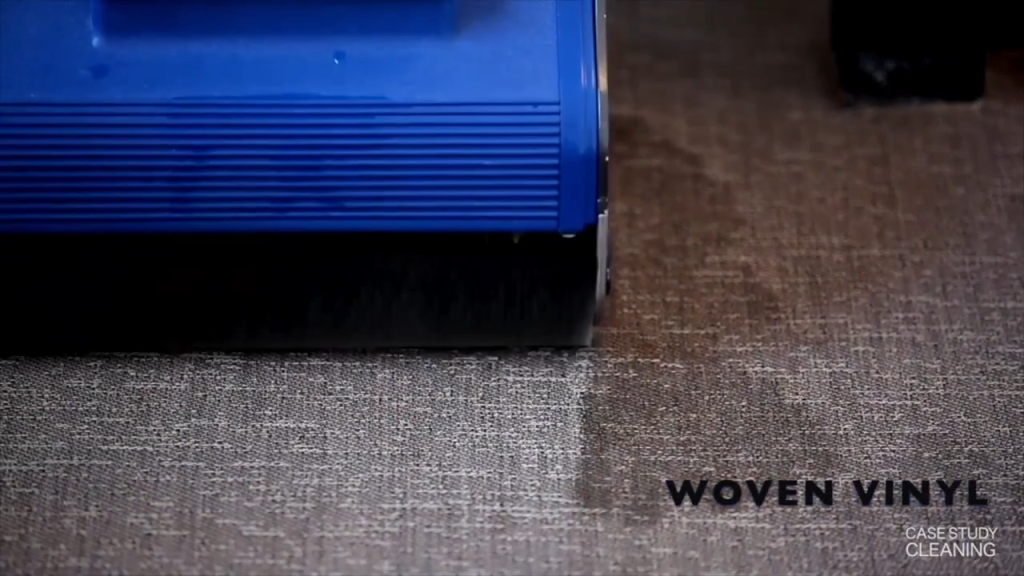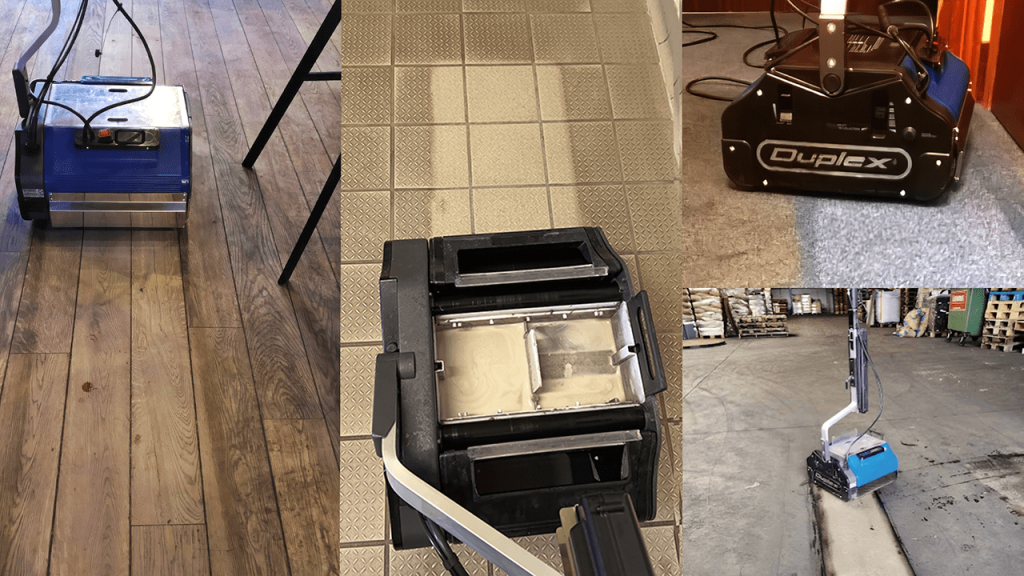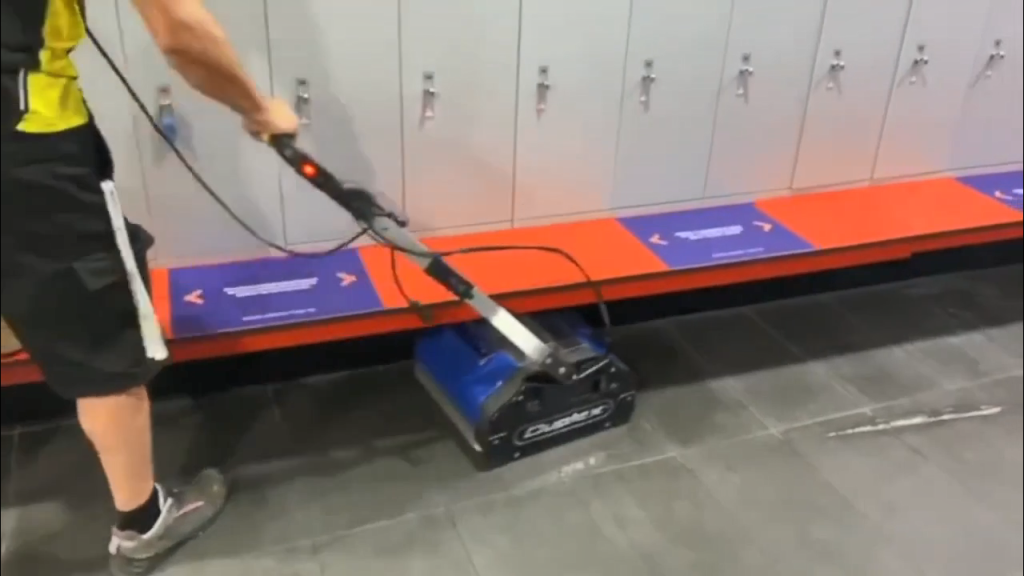Professional floor cleaning machines are essential in commercial and industrial environments. Designed to tackle large areas and stubborn dirt, they deliver faster, deeper and more consistent results than manual tools ever could.
Clean floors aren’t just about presentation. They help prevent slips, protect indoor air quality and extend the life of your flooring. Traditional methods like mopping often spread grime instead of removing it. That’s why more businesses are switching to machines built specifically for performance and efficiency.
What Makes These Machines So Effective?

Unlike mops or brooms, these machines use mechanical scrubbing, controlled water distribution and powerful suction to extract dirt fully. The result is not just a cleaner surface, but a noticeably healthier environment.
In high-traffic locations like aged care homes, warehouses or hospitals, scrubbers reduce cleaning time while improving hygiene. Floors dry quickly, minimising slip hazards and disruptions to daily operations.
A Quick Comparison
| Feature | Manual Tools | Professional Machines |
|---|---|---|
| Cleaning depth | Surface-level only | Deep, consistent results |
| Time required | Labour intensive | Efficient and predictable |
| Drying time | Long | Minimal due to suction recovery |
| Air quality | Often worsens with dust | Improved through built-in filtration |
Types of Professional Floor Cleaning Machines
Floor Scrubbers
Best for hard surfaces like tile, concrete or vinyl. These machines use rotating brushes or pads to scrub the floor while vacuuming up dirty water. They are available in walk-behind and ride-on models depending on the size of the area.
Floor Buffers
Used to polish and restore shine to hard floors like marble, terrazzo or hardwood. Floor buffers are ideal for facilities that prioritise presentation and surface preservation.
Carpet Extractors
Designed for soft flooring, carpet extractors use hot water or steam to break down and lift dirt from deep within carpet fibres. They are widely used in offices, hotels and aged care.
Wet/Dry Vacuums
These machines can handle spills, dust and debris. Perfect for kitchens, workshops or any area where both wet and dry messes are common.
Choosing the Right Commercial Machine

The right commercial machine depends on your environment. Here are a few general guidelines:
- Large open areas such as warehouses benefit from ride-on scrubbers.
- Tight or obstacle-heavy spaces work better with compact walk-behind models.
- Delicate surfaces may require machines with soft brush options.
- Occasional use may justify renting instead of purchasing.
If in doubt, request a demonstration. Many suppliers offer on-site trials to help you evaluate the best fit for your cleaning needs.
Why Routine Machine Cleaning Matters

Daily foot traffic brings in dirt, moisture and bacteria. Without regular cleaning, this leads to dull flooring, hygiene risks and increased wear.
Using a floor cleaning machine regularly ensures grime is removed effectively, not just moved around. It also helps maintain a professional appearance for your staff and visitors.
Neglecting floor maintenance results in higher repair costs, more slip hazards and faster deterioration of floor coatings.
Simple Care Tips for Long-Term Use
Taking care of your machine keeps it reliable and extends its service life.
- Rinse tanks and wipe down brushes after every use
- Store in a dry area
- Inspect hoses, squeegees and filters weekly
- Follow the manufacturer’s maintenance schedule for motor or battery checks
Small daily habits help prevent expensive repairs later.
Smarter Investment, Long-Term Gains
Although the upfront cost may seem high, the long-term value is significant. You reduce cleaning time, save on labour and extend the life of your flooring.
Many businesses report cleaner floors, fewer complaints and lower cleaning overhead within just a few months of switching.
Frequently Asked Questions
What surfaces can professional floor cleaning machines clean?
They’re effective on vinyl, tile, concrete, polished timber and carpet (when using an extractor).
Are they difficult to use?
Most modern machines are designed to be simple and intuitive. Basic training is usually enough.
How often should I use the machine?
High-traffic areas often benefit from daily cleaning. For low-traffic zones, weekly use is usually sufficient.
Is maintenance difficult?
Not at all. Daily rinsing and regular checks are usually all that’s required.
Should I buy or rent?
If you clean regularly, buying is more economical. Renting is ideal for short-term or seasonal use.

